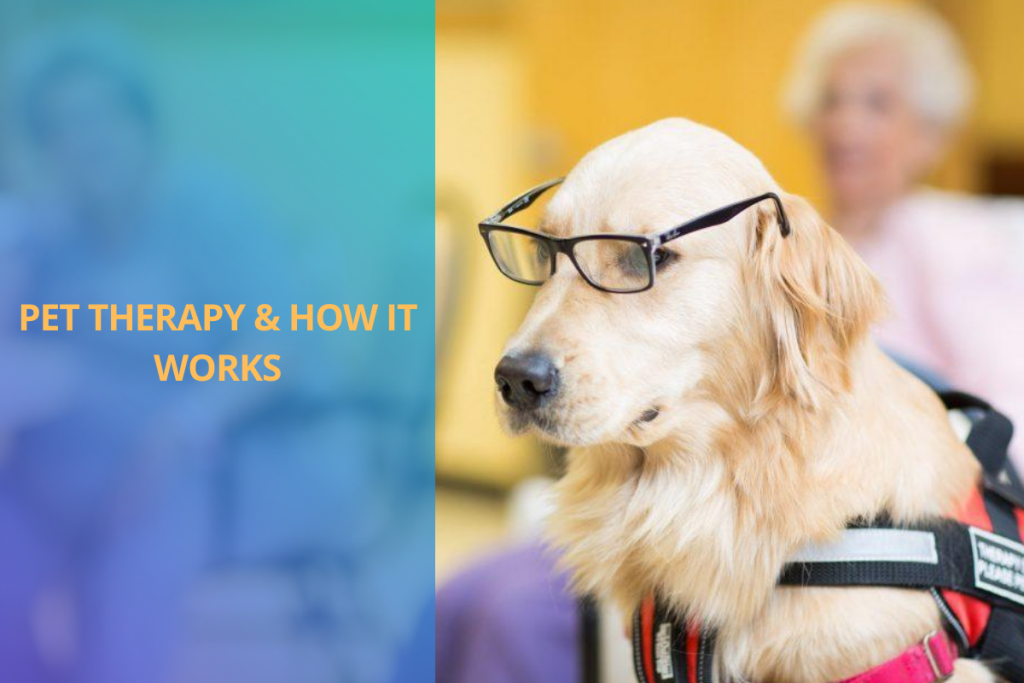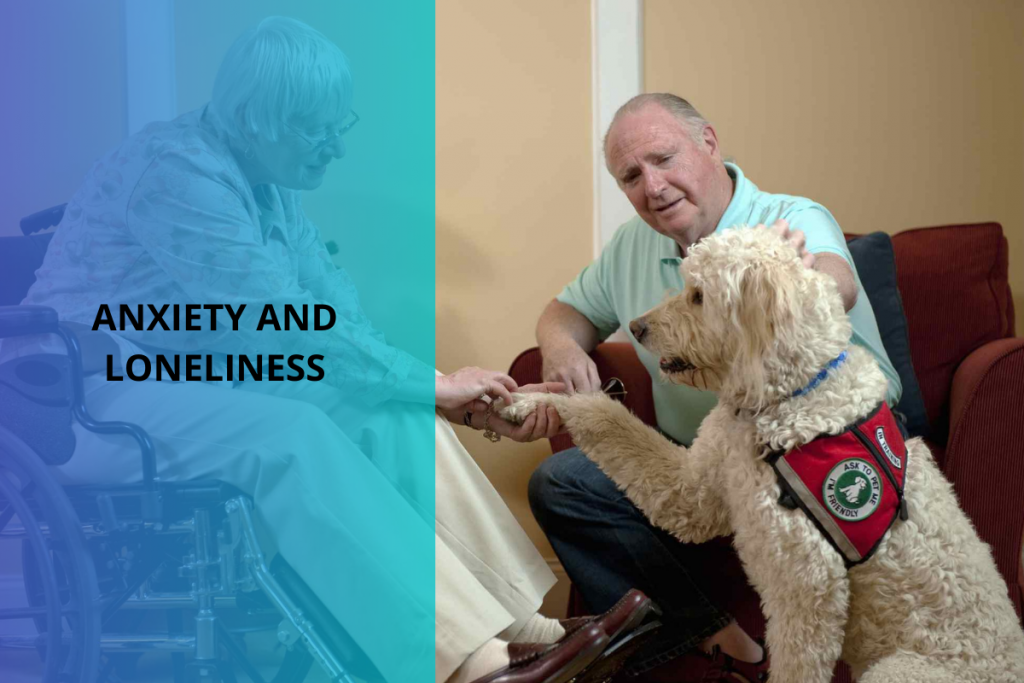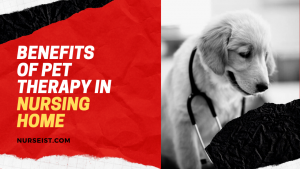The thought of living with pets in nursing homes might seem absurd to a lot of people but in real, however living with pets may bring about positive vibes in the lives of the elderly. There are very few people in the world who dislike pets but the majority of the people love pets, it’s not just because they provide us with unconditional love and support but also because they are amazing as companions, you’ll never be lonely with them.
For this exact reason, some nursing homes have taken the initiative of incorporating pet therapies in their therapeutic activities.
So what exactly is pet therapy in nursing homes and how does it work and who would benefit it from and what are the benefits? The following answer to those queries will be explained below –
Pet therapy and how it works

Pet therapy in nursing homes is kind of a simulation and is considered to be a mild therapy to heal the elderlies or elderly patients emotionally and spiritually. Not all need it, some have allergies while dislike pets so the therapy functions very carefully among the elderlies who are in need of it. There are actually different types of pet therapy, each nursing home applies what goes with their code of standard.
Nursing homes that don’t allow living with pets sometimes hold pet visitation therapy like once a week or twice a month. This form of pet therapy is applied in most nursing homes. The advantage of this pet therapy would be that the elderlies aren’t responsible for anything, they don’t have any liabilities over the pets and they can easily love and care for them without having the thought of “what will they eat today” or” where will they sleep today”. The disadvantage would be that the visitation doesn’t happen regularly thus they don’t get to see or comfort the pets too often. Cats, dogs, hamsters are generally the companions for visitation therapy.
The next type would be rehabilitation therapy, patients or the elderly who requires a more intensive form of therapy relies on this. Patients are paired with animals as part of their rehabilitation.
Then there’s the fan favorite ownership therapy. This form of therapy allows the elderlies to own a pet and take full responsibilities and liabilities over their respective pets. Not all nursing homes allow the ownership of pets but recently things started to change as the healthcare members started to see the adverse effect of pet ownership therapies. More and more nursing homes are taking the initiative to fix the ownership therapy by carefully considering how other patients or elderlies with zero affection towards pets would feel.
Before an elderly is granted a pet, their health and psychological condition are measured as to if they have any sort of animal allergies or if they are mentally fit to own an animal and take responsibility for it. Those elderlies should have the willingness and love towards any pet.
Benefits of pets in nursing homes
Since we’ve mentioned the forms of therapy and what they are, so now the question arises, how exactly does that help the elderlies in anyways even though there are some risks to pets in nursing homes?
Stress and depression
As the residents start to age further, they are highly likely to be struck by depression, and due to depression they’re more likely to be stressed. For the elderly, it is unsafe to be stressed out since they are already affected by several diseases. Bringing in emotional support animals can alleviate stress and reduce depression, a person who loves animals is bound to get delighted to see and adore them. These animals can calm them down and cheer up the patients.
Anxiety and loneliness

Elderlies living in nursing homes generally have little connection with their families or friends, the only companions they have are the fellow elderlies who reside with them; loneliness can make them feel isolated and as a result some even isolate themselves from the other residents.
Patients suffering from Dementia or Alzheimer’s disease have it even worse, they tend to get anxious by the thought of this loneliness and not getting in touch with their families, which can increase their blood pressure and heart rate. To counterattack such negative vibes, pets are used. A pet not only gives them company but also provides them with affection and improves their mental state overall. The outcome is a good mood, healthy communication and more interaction with other residents.
Physical activity
This might not be helpful to all the residents as some of them have physical incapability but to those who are capable of doing the physical movement, pet therapy can be very influential for them. It can make them do things they were previously not inclined to do. For example, walking, some elderlies are not even inclined to walk as they feel really demotivated but having a pet can make them be active.
Owning a pet means you have to pet it, feed it, take it on a walk and simply take care of it. This means that they’ll be more active and will be very helpful in their regular exercises. Besides, staying idle for too long can affect their blood pressure and can accelerate heart diseases if they have any.
Being active can stimulate them both physically and mentally in positive ways.
Self-esteem
Elders who have lived independently their whole life are usually affected by lower self-esteem and these can lead to chronic depression and lack of interaction with other residents. Since they are always cared by nurses and other healthcare members, they sometimes feel weak inside and the decreased capability to perform activities can make them anti-social, they tend to isolate themselves from others.
But owning a pet can provide them with responsibilities, pets have some basic demands like feeding them or taking them on a walk, even these small tasks can help bring in freedom and confidence among the elderlies. Pets can provide them with some sort of purpose, motivation and inspiration in their day to day activities.

Leave a Reply